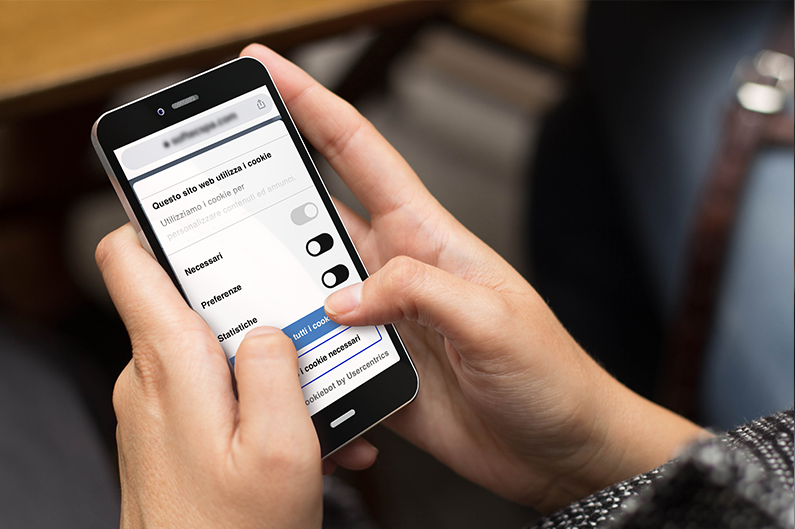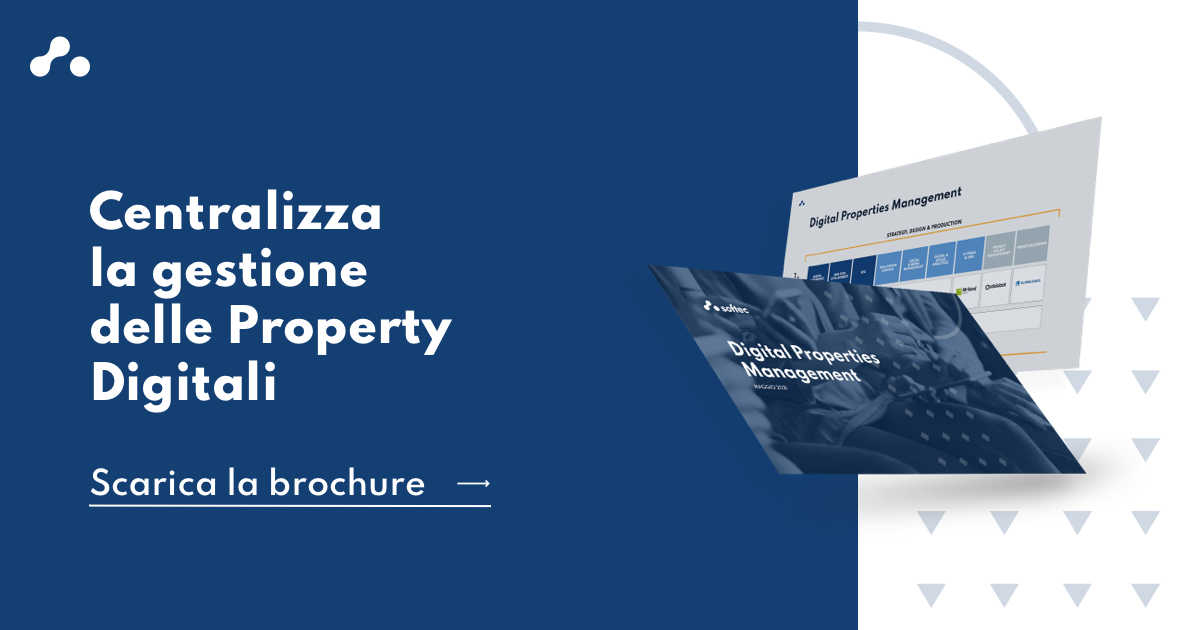A talk with Grant MacInnes – Usercentrics
Hi Grant, according to you, why is it important to have your website compliant with GDPR regulations?
For years, websites and online businesses have been thinking about GDPR compliance as an annoying legal requirement far down the list of priorities for daily operations. However, end-users are becoming more and more critical of websites that don’t respect their data privacy, and so things are changing rapidly in the field. The EU’s GDPR is the strictest and most comprehensive data privacy law in the world – and it has extraterritorial scope, meaning that any website, regardless of where in the world it is located, must comply if it has visitors from within the EU. The GDPR’s ‘privacy by default’ requirement means that any online business with users from within the EU is obligated to think of data privacy as a fundamental component of daily operations and customer relations. 2 The GDPR requires websites to enable end-users to decide whether they will allow cookies to collect and share their personal data – also known as cookie consent or cookie compliance. But cookie consent is no longer just a legal requirement under the GDPR, with threats of heavy fines for non-compliance: it has also become a consumer demand and a metric of brand reputation with 71% of people saying they will stop doing business with a company if it shares sensitive data without their permission, according to a 2021 study by McKinsey, and with 79% of consumers saying that data privacy is a buying factor for them, according to a 2021 study by Cisco. That’s why ensuring compliance with the EU’s GDPR and its cookie consent requirements is super important for any online business today that wants to establish long-lasting customer relations and experience positive brand reputation. Since data privacy and end-user consent are fast becoming a consumer demand, being compliant with the GDPR equals good customer relations.
How does Usercentrics detect and block cookies not complying with GDPR, CCPA and ePrivacy regulations?
Cookiebot CMP by Usercentrics is built around a powerful scanning technology that detects and automatically controls all cookies and similar tracking technologies in operation on any website, regardless of shape and size. Cookiebot CMP does this by simulating real-life users visiting the website – clicking, scrolling, browsing, doing everything a real person would do online to activate the cookies and trackers in use on the domain. Using world-leading auto-blocking technology and a vast cookie repository, Cookiebot CMP then holds back all non-necessary cookies and presents the end-users with simple, no-nonsense consent interfaces that enable the users to easily say yes or no to which cookies they will allow activated. A simple choice between 'yes’ and ‘no’ is the cornerstone of end-user consent, poised to become central to the post-cookie internet economy (as we’ve seen with the launch of Google Consent Mode, which Cookiebot CMP integrates seamlessly with). Furthermore, Cookiebot CMP is fully plug-and-play, with no need for manual implementation – simply drop a few lines of JavaScript in your website’s source code and you’re up and running.
How many and what type of brands use Cookiebot CMP to have a cookie complaint site?
Half a million websites in the world use Cookiebot CMP and we have more than 2000 resellers in over 50 countries.
“Everyone with a website is the target audience of Usercentrics. Small, medium, and big companies alike, basically any business who wants easy transparency in a complex area. Cookiebot CMP, our plug-and-play solution, can be tailored to any 4 websites from a small food blog to an enterprise domain. We have a freemium pricing model where small websites can use Cookiebot CMP for free and larger websites pay a monthly subscription fee. We then have resellers who provide Cookiebot CMP as a tool for their clients’ website consent management, and who can help with the implementation in their local language” – Usercentrics CTO, Daniel Johannsen.
Because it is both plug-and-play and unrivaled in its scanning technology and autoblocking features, Cookiebot CMP is used by everyone: from small independent blogs to government domains to major brands like Toyota, Haribo and Borussia Dortmund. Furthermore, Cookiebot CMP is fully WCAG compliant (Web Content Accessibility Guidelines) and also comes as a WordPress plugin, as an app in HubSpot and Umbraco, and as a Google Tag Manager Standard Tag, being in full compliance with IAB’s TCF and CCPA Compliance Frameworks.

Could a customizable cookie banner be a relevant touchpoint for brand communications?
Absolutely and without a doubt. As end-user consent becomes more and more central to the internet economy developing on the back of comprehensive data privacy legislations such as the EU’s GDPR and California’s CCPA/CPRA, consumers become more and more critical of “half” solutions and bad cookie banners that confuse them or don’t give them a proper choice of consent to say ‘yes’ or ‘no’. We know from comprehensive and recent studies by McKinsey and Cisco that users and consumers alike are increasingly willing to part ways with 5 brands that are not actively protecting their privacy and giving them control to decide. A core feature of Cookiebot CMP is the highly customizable cookie banners that let websites make their consent banners adapt to their style and aesthetics, while at the same time being easy to set up in a way that is fully compliant with the requirements for data privacy in the user’s region, be it GDPR in the EU, CCPA in California, LGPD in Brazil or POPIA in South Africa. The geo-targeting feature of Cookiebot CMP automatically detects where in the world a user is from and presents them with the right consent or opt-out interface based on the data privacy law in effect in their location. As consumer demand for and awareness about data privacy and consent is rapidly increasing, online businesses today cannot afford to ignore the very negative consequences to brand reputation a bad cookie banner can have. On the other hand, having a clear and easy and customizable cookie banner on their website can help build trust between customers, ensuring longlasting relations based and transparency and end-user empowerment.
What does “making innovation happen” mean at Usercentrics?
At Usercentrics, our solutions help build the privacy backbone for the digital economy, and it takes cutting-edge innovation to stay at the forefront to deliver solutions in a constantly moving market, where new regulations take effect and new technologies are invented.
“We are headed towards more and more complex digital infrastructures, with the increasing sophistication of AI and algorithms that attempt to make us more 6 predictable in our behavior, online as offline. We see the persistent misuse of personal data and the digital interference in democratic elections. There’s a real sense that we have a duty and a moral obligation to prevent the erosion of the fundamental, democratic rights to privacy, anonymity, and freedom, and I think the innovation happening at Usercentrics is very much aligned here. I hope that in five years, we will have an internet that is much more privacy-oriented, where the respect for privacy is a guiding force on part of website owners, with much stronger and more visionary user control, and I see Usercentrics as an important player in this development". – Usercentrics CTO, Daniel Johannsen.
Usercentrics believes in creating a healthy balance between data privacy and data-driven business, delivering solutions for every size of enterprise. Cookiebot CMP is our plug-and-play SaaS for smaller businesses and organizations, App CMP handles user consent on mobile apps, and Usercentrics CMP serves companies with enterprise-grade custom requirements for unifying consent and data from capture to processing.

